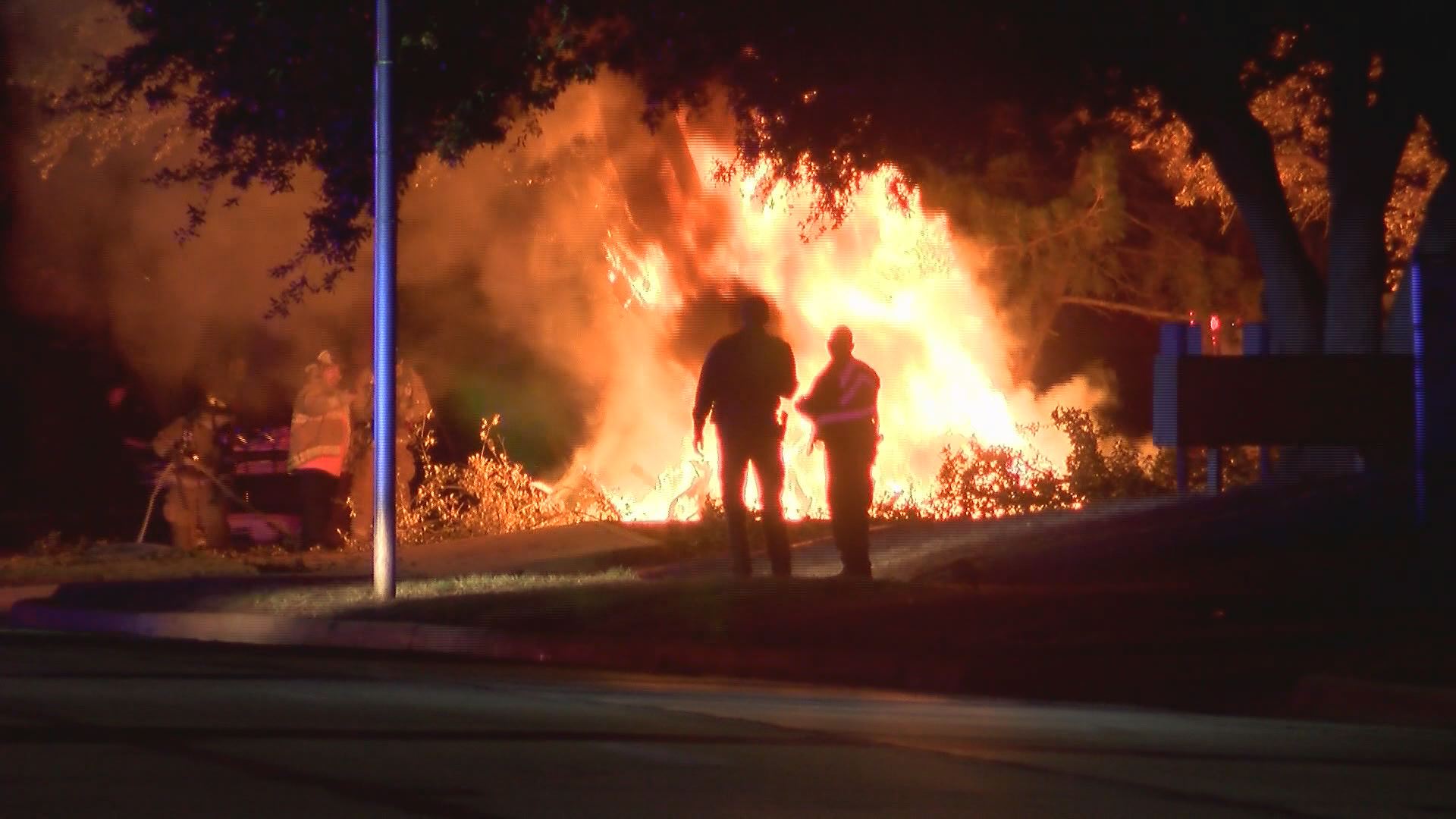The Federal Aviation Administration now knows, in no uncertain terms, what 9Wants to Know has documented since the fiery crash of a Flight for Life helicopter in Frisco last year.
Fuel systems that abide by 1994 federal standards all but guarantee there won’t be a fuel-fed fire following a survivable helicopter crash.
The FAA’s Aviation Rulemaking Advisory Committee received a report on Thursday that said “nearly all thermal injuries in survivable accidents would be expected to be eliminated” if helicopter manufacturers utilized such things as Kevlar bladders and breakaway fuel valves.
The problem, as outlined in a year-long investigation by 9Wants to Know, is that the FAA allowed manufacturers to continue using antiquated fuel systems after 1994 because it only required updated fuel systems in helicopter models certified after 1994.
Most models in use today were certified prior to that year, and that means thousands of helicopters – even ones built recently – are not required to have fuel systems that would remain intact after a relatively low-impact crash.
Last year, the National Transportation Safety Board estimated more than 4,700 helicopters – or 85 percent of all helicopters in use – did not have the more robust fuel systems.
The Flight for Life AS-350 that crashed last year in Frisco was about a year old, but the fuel system onboard needed only to meet the standards in place when the FAA certified the AS-350 model in 1977.
All three people onboard the helicopter survived the crash, but the resulting fire critically injured a flight nurse and partially contributed to the death of the pilot.
Since the beginning of the year, the FAA’s Rotocraft Occupant Protection Working Group has been analyzing past helicopter crashes and investigating what kind of a cost the helicopter industry would incur if the FAA required it to adopt the 1994 standards on every new helicopter.
Rep. Ed Perlmutter (D-Colorado), a vocal proponent of the fix, told 9Wants to Know, “The benefits of making helicopter fuel systems safer far outweighs the cost to make the changes. While we have been waiting far too long, the FAA now needs to work quickly to develop this new standard for crash-resistant fuel systems by the July 15, 2017 deadline as laid out by the FAA Extension Act.”


